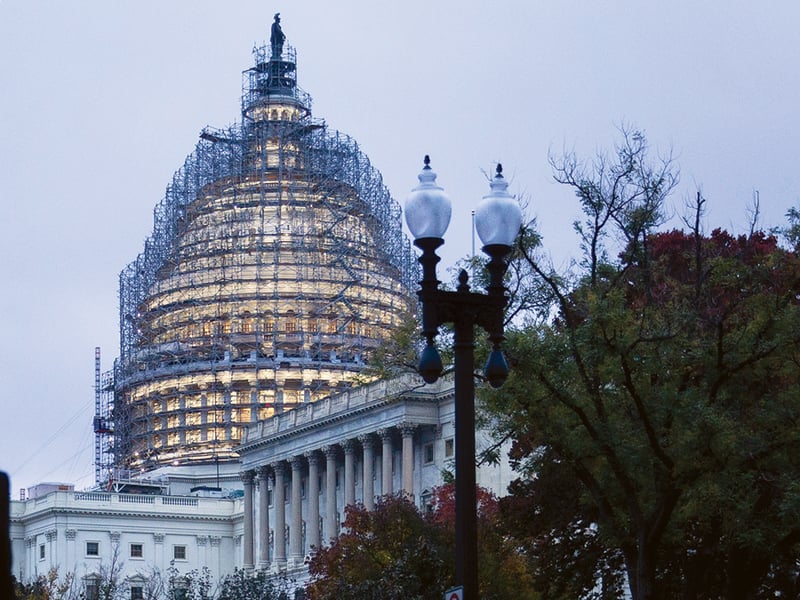Three senators introduced legislation Thursday to stop a pending Labor Department rule that would raise investment advice standards for retirement accounts.
A measure written by Sen. Johnny Isakson, R-Ga., would require Congress to approve the DOL rule — which would require advisers to act as fiduciaries to clients in 401(k) and individual retirement accounts — before it goes into effect.
In the likely event the rule fails to win enough votes, it would be replaced by a best-interests standard outlined in Mr. Isakson's bill, the Affordable Retirement Advice Protection Act. A similar bill, Strengthening Access to Valuable Education and Retirement Support Act, was introduced Thursday by Sen. Mark Kirk, R-Ill.
On a third track Thursday, Sen. Roy Blunt, R-Mo., introduced a bill that would require the DOL to halt its rule until the Securities and Exchange Commission acts on a similar regulation that would establish a uniform fiduciary duty for all retail investment advice.
The DOL rule took its
last step toward finalization last week, but the SEC has yet to propose a rule. Mr. Blunt's bill would likely kill the DOL effort.
The moves in the Senate mark the first time that the chamber has taken up legislation to scuttle the DOL measure. The Senate bills are modeled after similar House bills.
Earlier this week,
two House committees advanced legislation to replace the DOL rule. Last year, the
full House approved a measure that would require the SEC to go first on fiduciary rule making.
The House bills have attracted little Democratic support beyond lawmakers who are co-authors or co-sponsors. The initial co-sponsors on Mr. Blunt's bill are all Republicans. It's not clear who has signed on to Mr. Isakson's and Mr. Kirk's bills.
House approval of the bills is likely. But even if they make it through the Senate, President Barack Obama will almost certainly veto them. Mr. Obama backs the DOL rule, calling it necessary to protect workers and retirees from conflicted investment advice that results in their purchasing high-fee investment products.
In House hearings this week, most Democrats criticized the legislation to stop the DOL rule, calling it premature and questioning the constitutionality of a congressional vote to approve the regulation.
Republicans assert Congress must step in to stop the rule. Their arguments echo those of the financial industry, which asserts that the complex rule would significantly increase liability risk and regulatory costs for brokers and price savers with modest accounts out of the advice market.
“I am fighting to ensure the Obama administration's costly and cumbersome regulations, which would severely limit access to investment advice for the families who need it most, are thwarted before they become a crippling reality for those seeking the American Dream,” Mr. Isakson said in a statement. “Big government policies that cause the middle class to lose [their] choice [of financial adviser] will make our retirement crisis worse.”







